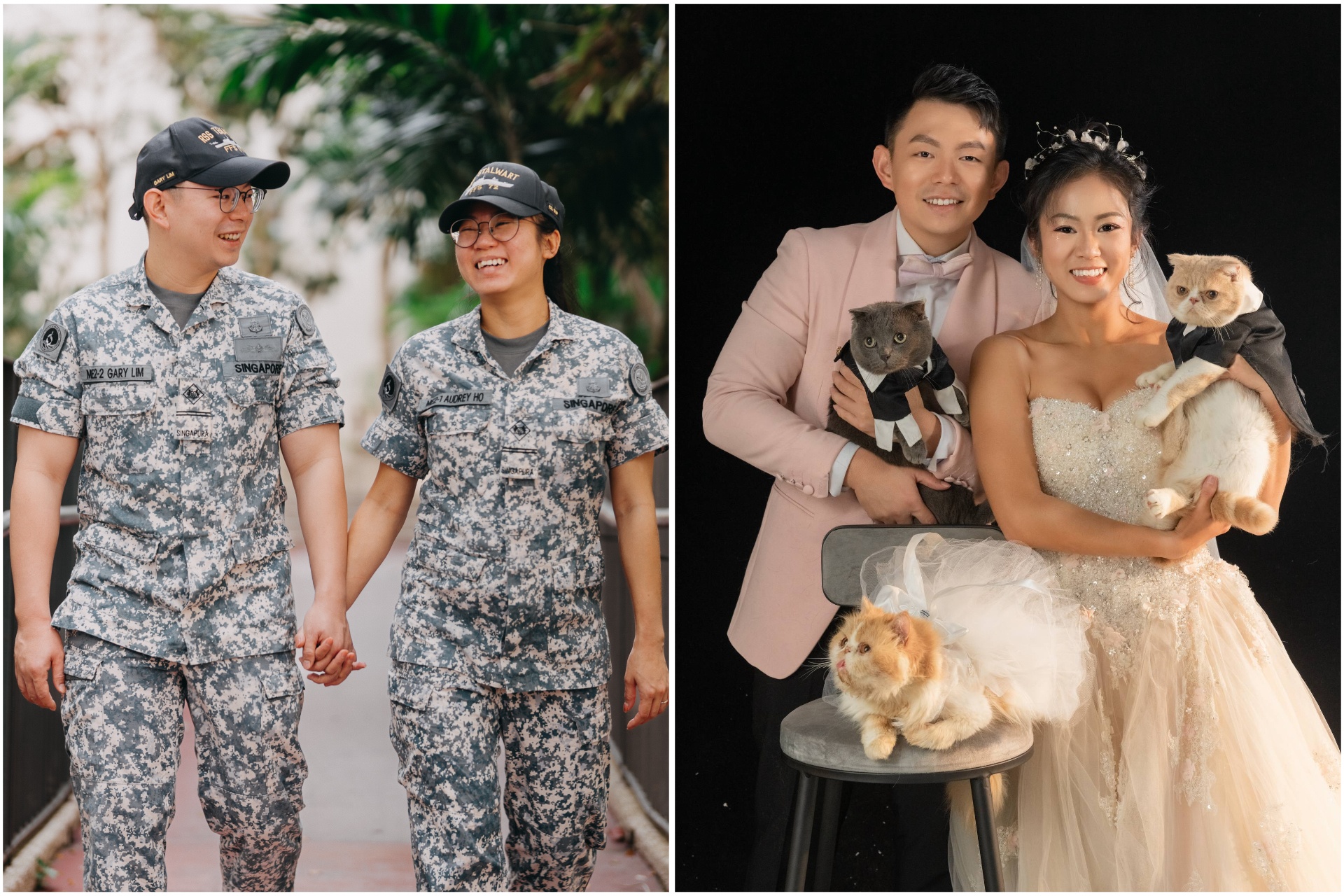PEOPLE
MIND MATTERS
10 Oct 2019
One in seven Singaporeans has experienced mental illness at some point in their lives. This World Mental Health Day, PIONEER speaks to three people in the Ministry of Defence and Singapore Armed Forces (SAF) to find out how you can help yourself and those around you.
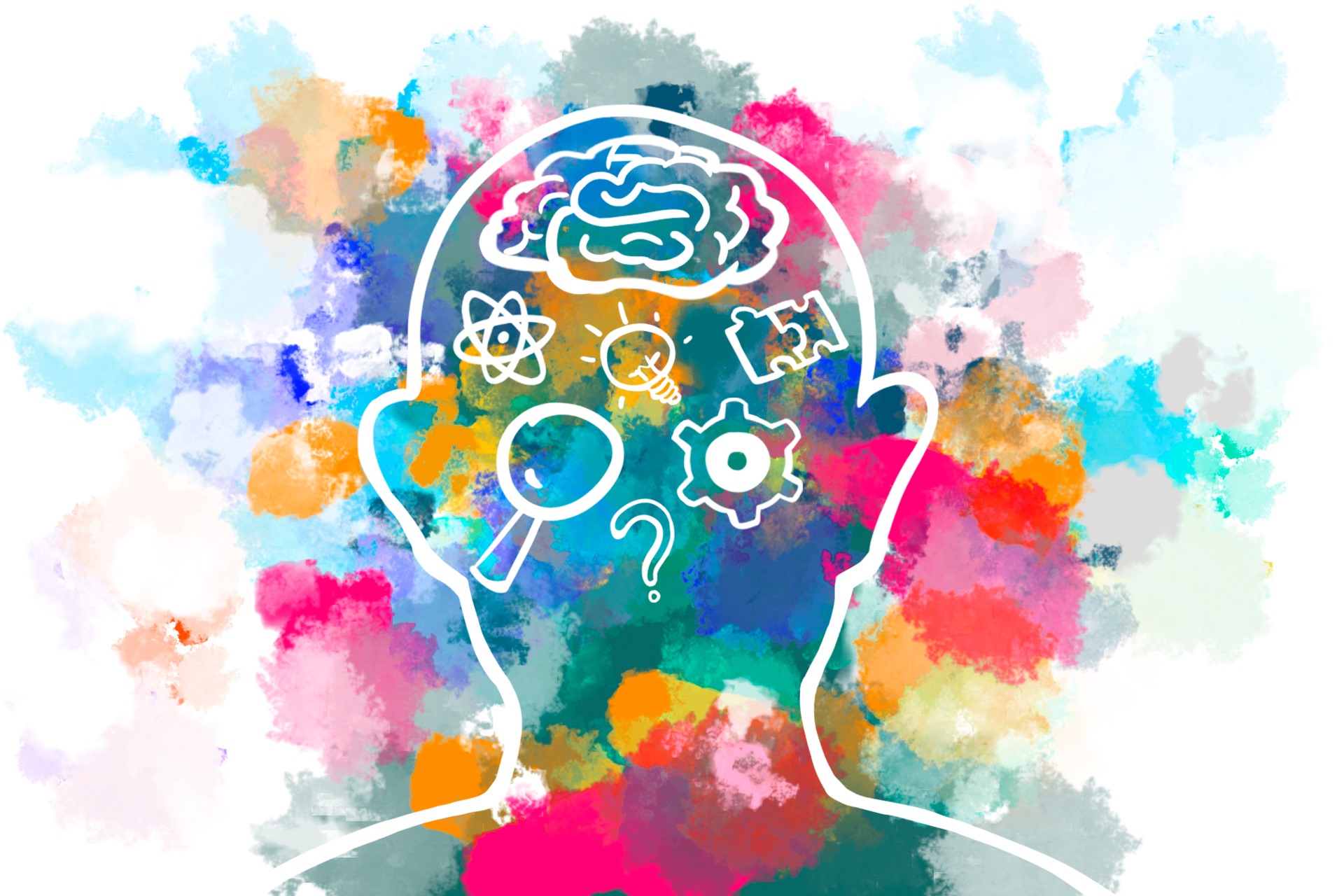
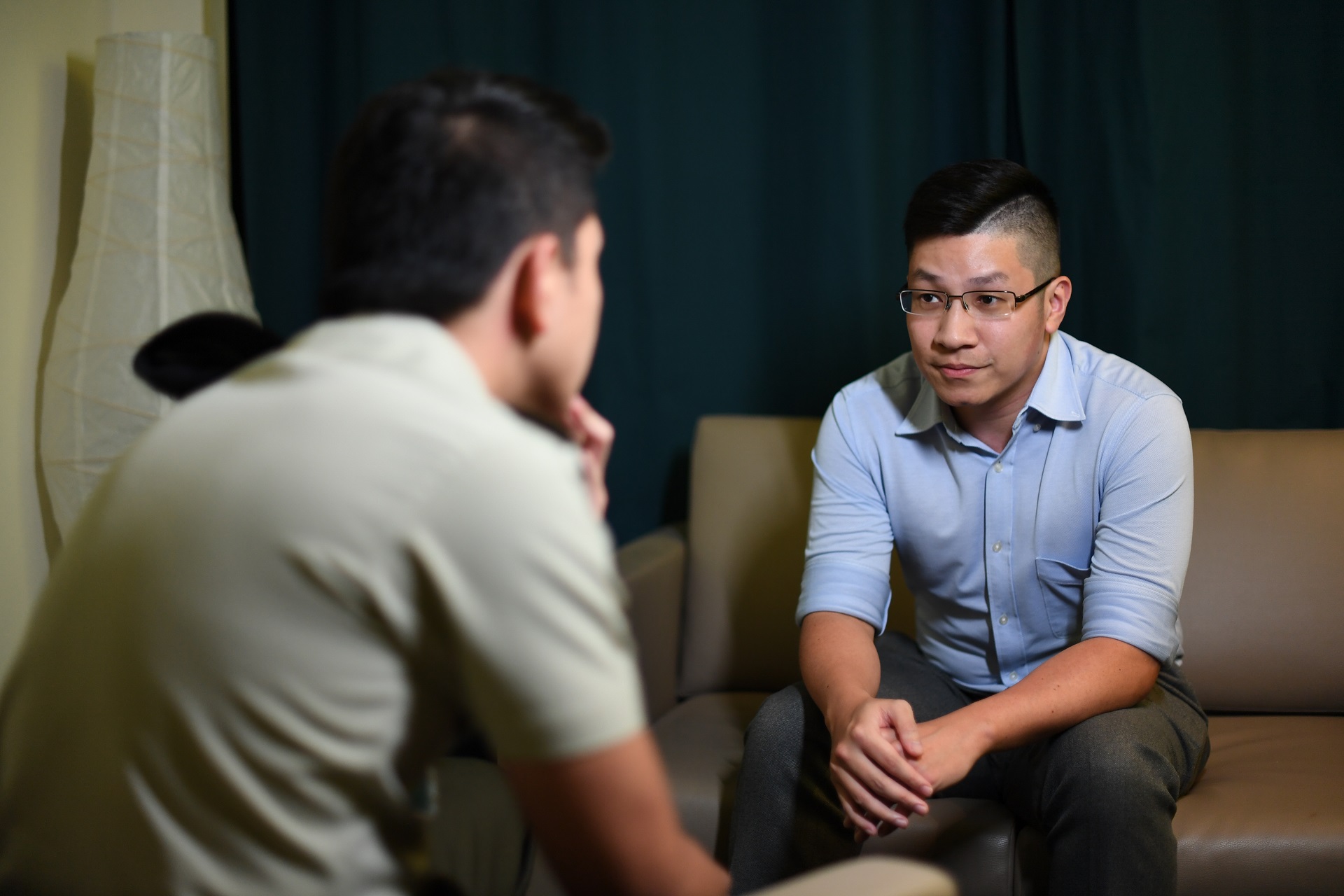
"The SAF Counselling Centre provides a safe place for servicemen to seek help."
Mr John Tow, 31
Counsellor, SAF Counselling Centre (SCC)
Tell us about one of your most memorable cases to date.
About three years ago, I helped a Full-time National Serviceman (NSF) who was struggling with agoraphobia (a fear of being in open or crowded places). For three years before he enlisted, he would only leave his house to buy food at nearby coffee shops. While in National Service (NS), he would often take medical leave.
To help him recover, I helped him to process some traumatic memories in the past that were causing him anxiety. I also worked with a multi-disciplinary team of professionals – such as his psychiatrist, camp psychologist and Medical Officer – alongside his superiors and family members to create a support network for him. In the end, he not only managed to report to camp daily, but also contributed meaningfully by helping with design work and video editing in his unit. He completed his NS and eventually took up a diploma in visual design.
What’s your greatest satisfaction from being in the job?
My greatest satisfaction is to see my clients become more able to overcome their difficulties and personal struggles. They are not only able to adjust to the NS environment better, but also look forward to handling their future with more confidence.
What can we do to help someone we know who may be struggling with mental health issues?
- We need to notice that someone is in distress before we can help him or her. Some signs include changes in his work performance and social interaction as he isolates himself from others. For instance, someone who was previously very outspoken may suddenly become more quiet and withdrawn, or vice versa.
- People dealing with psychological distress may feel very alone in facing their problems. When supporting them, it is useful to be proactive in engaging them. Help them explore different perspectives and solutions; encourage them to confide in their families, close friends, colleagues, superior or paracounsellors. If need be, refer them to the SAF Counselling Centre.
- Pay attention to those who exhibit self-harm behaviour and/or express thoughts of suicide, as the consequences can be dire. Most of the time, such behaviour and suicidal thoughts are a desperate call for help.
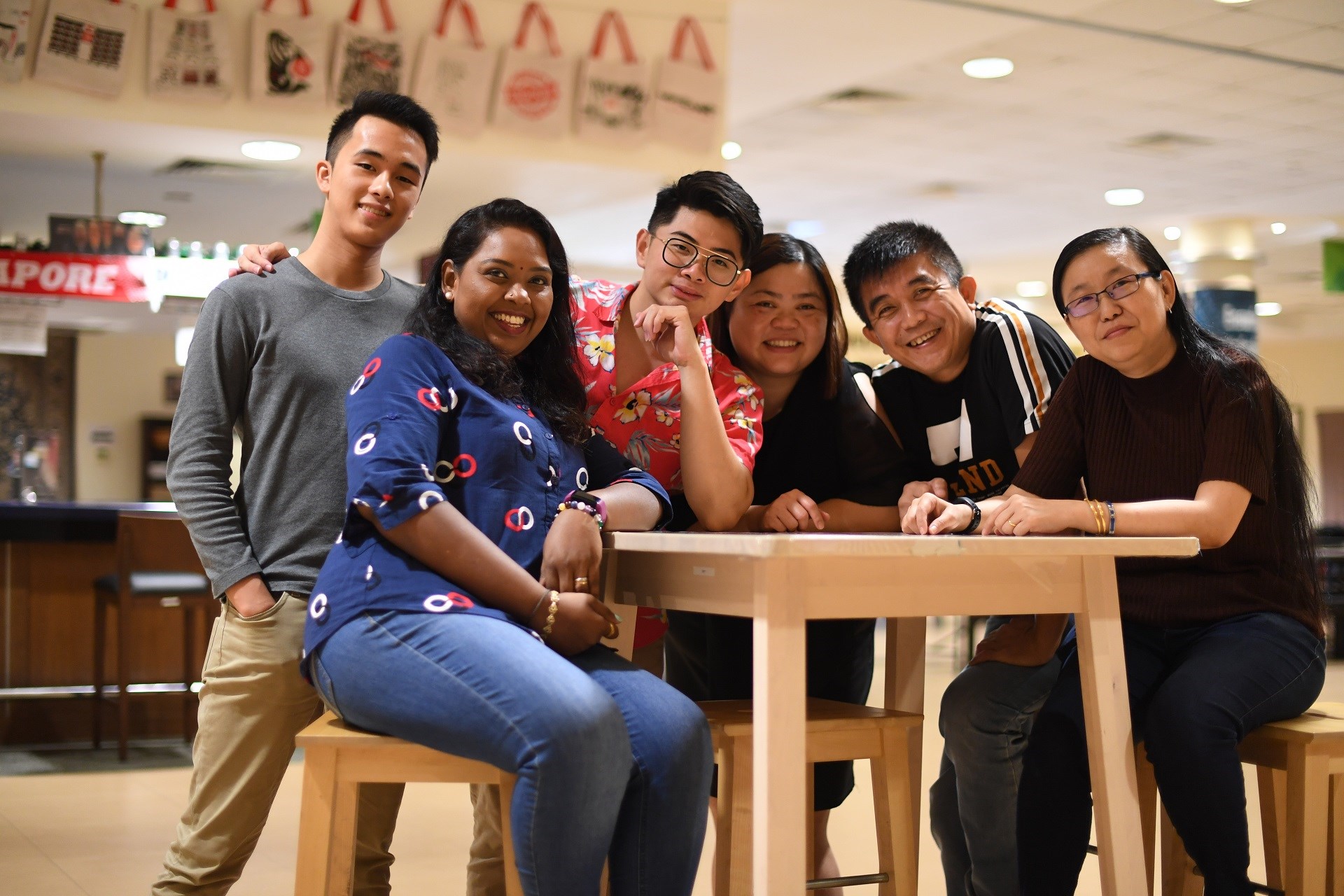
"What you have is not who you are – don't equate yourself with an illness."
Ms Sivakami Suppiah, 39
Paracounsellor
Deputy S8, 9th Singapore Division
How did you become a paracounsellor?
Ten years ago, I was selected to attend a paracounselling course, which taught me how to identify someone with suicidal thoughts and how to support those grieving for their loved ones. That very year, I had lost my mum to suicide.
Through the course, I understood her symptoms and realised that she was also having depression. I saw I could be of help to those who need emotional support – there are many of us who need help even though we may not realise it.
What is the counselling process like?
I usually counsel NSFs who are referred to me by the camp psychologist. I begin by seeking to understand them better. I also make sure they are comfortable with sharing their problems. I once counselled an NSF with anger management issues. He became so comfortable speaking to me that whenever he was unhappy or angry, he would immediately come and look for me!
I always try to lend a listening ear as I believe the root cause of stress or mental health issues is a lack of support and the inability to handle the problem, which leads to depression in many people. I'm happy that I have been able to create a safe zone for people to talk about their problems.
What do you think can be done to support those who are suffering from mental health issues, and eradicate the stigma they face?
- Always speak up when you witness discrimination against those with mental health issues. Support campaigns that are against stigmatising mental health sufferers.
- It's okay to tell your community about your mental illness so that they are aware of your struggles. Allow them to support you.
- Never assume that you are in control of your situation without external help. Seek counselling help.
- What you have is not who you are – don't equate yourself to an illness.
- Always join support groups for emotional support and gain confidence from the success stories of others.
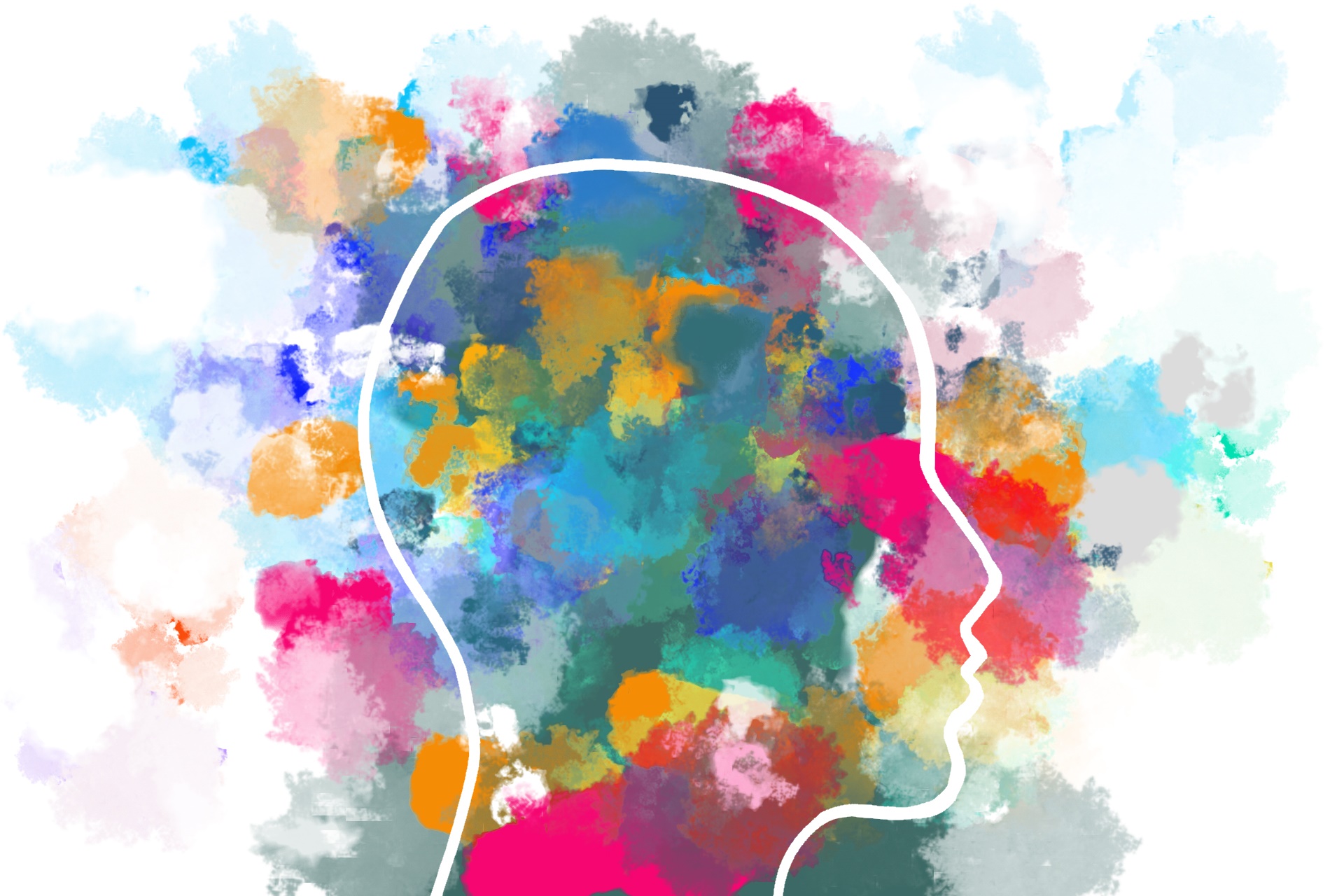
"Seeking counselling doesn't mean you are less normal – it means you love yourself enough."
Corporal First Class (CFC) Adam (not his real name), 20
NSF
How did you come to seek counselling at the SCC?
I've had anxiety since I was in upper primary school, which worsened over time. I continued to experience it in NS. There were many instances when I felt extremely down and lost interest in many things. I also felt that the coping methods I developed were either ineffective or unhealthy.
I wanted to get to the root of the issue. I talked to a friend who was seeing a counsellor at the SCC and he encouraged me to give it a try. So I told my Platoon Commander about my intentions and he encouraged me to go.
What has your journey to recovery been like?
Talking to a professional has been really beneficial. I've been seeing my counsellor once every three to four weeks since May. She makes use of a technique called Eye Movement Desensitization and Reprogramming or EMDR (a method of psychotherapy used to treat trauma) to help me resolve deep-seated sentiments I have held for years. I believe I am on the upward path to recovery. Even though I still go through some ups and downs, I know I am improving on the whole.
What advice do you have for any fellow NSFs who are facing difficulties and want to seek counselling, but may be afraid to do so?
Taking the step to seek counselling doesn't mean you are less worthy as a human or less normal than anyone else – it means you love yourself enough to give yourself a shot (at recovery). Be open-minded about the possibility of growing and becoming the person you want to be.
ALSO READ IN PEOPLE
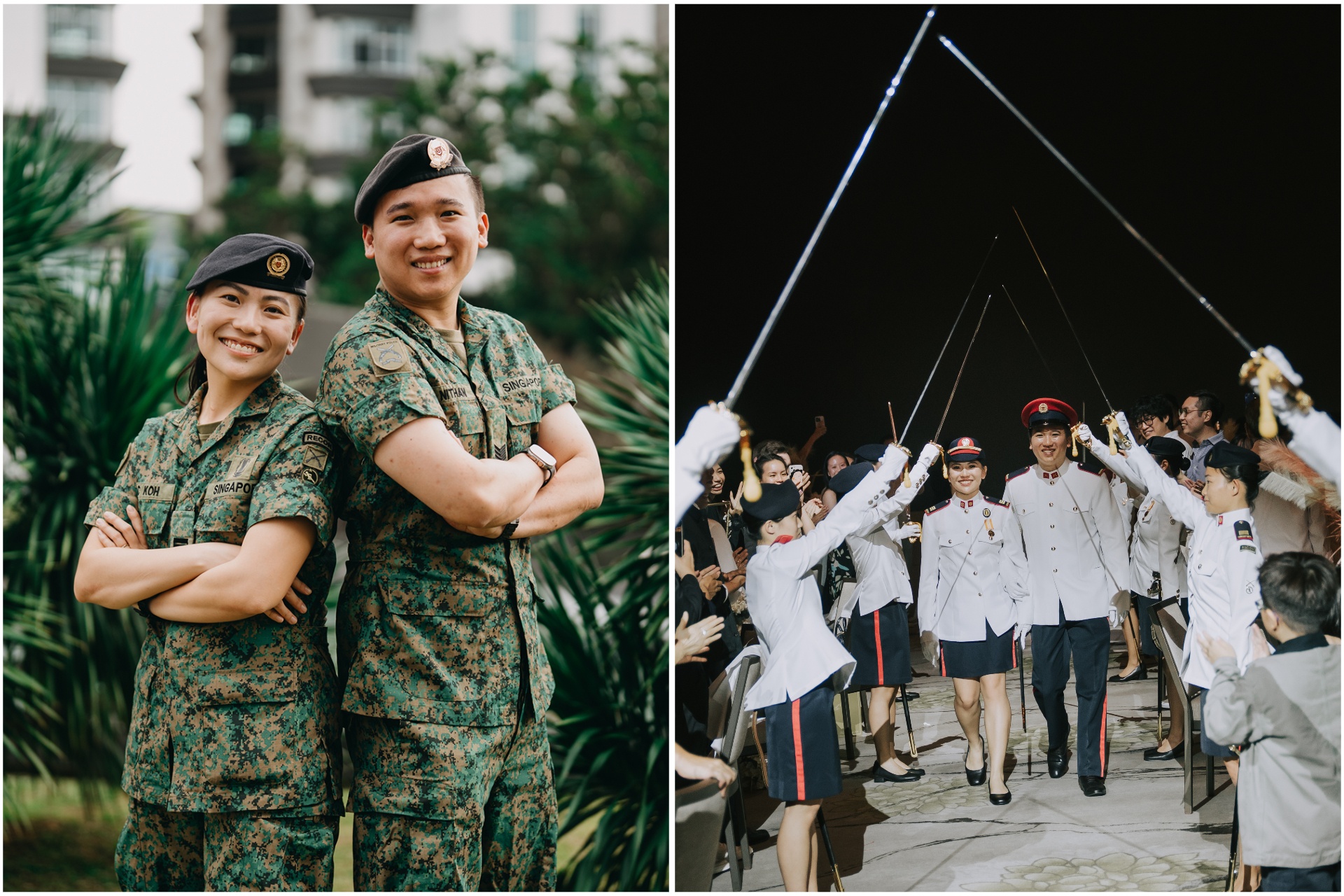
I’ve always got your back
11 Feb 2026
She’s an Army officer, and he’s the (NS)man supporting her dreams. CPT Koh Xinci and 3SG (NS) Nitro Chan share their love story with us – including their unique wedding!
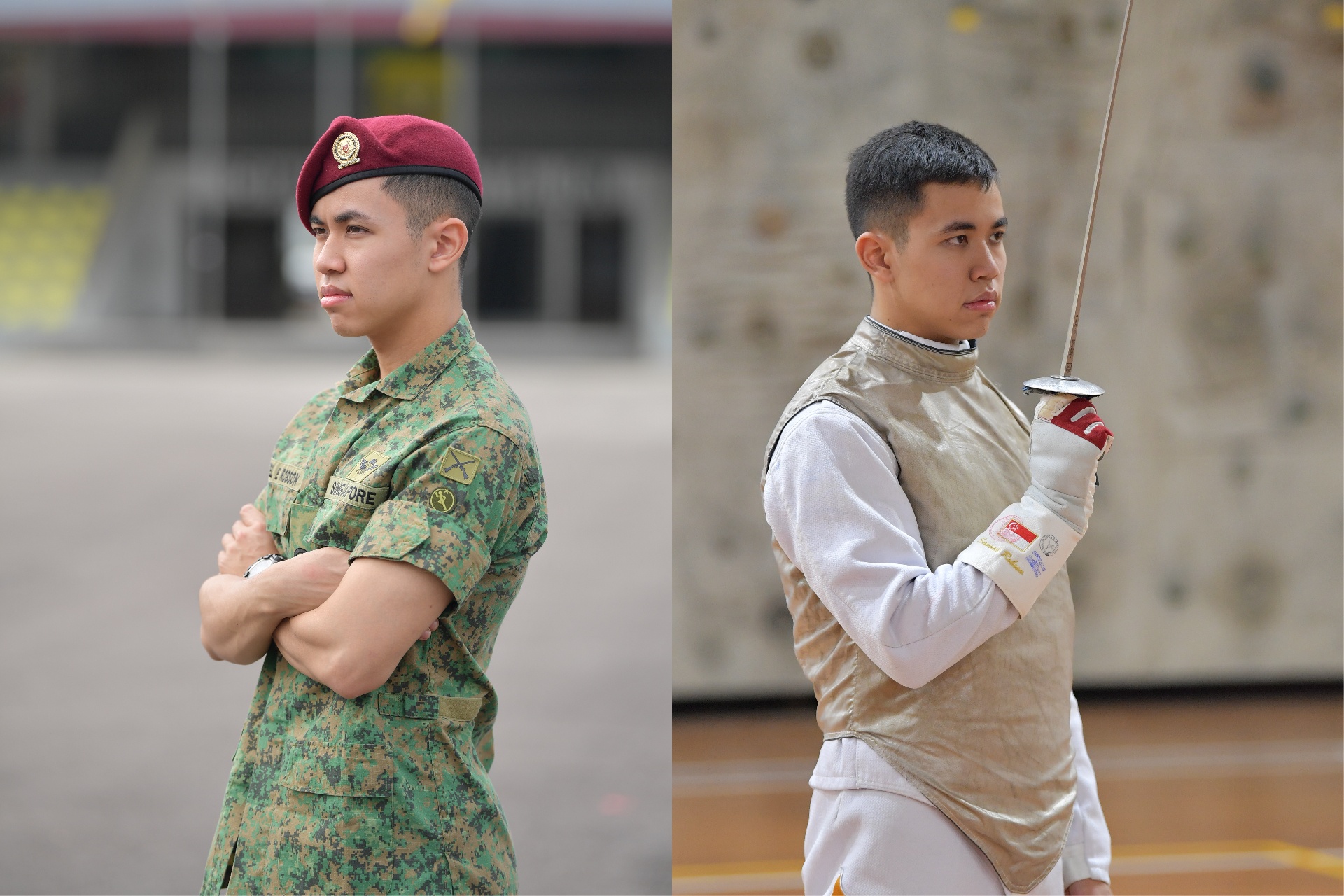
He’s an NSF Commando & medal-winning fencer
28 Jan 2026
His team won gold at the SEA Games 2025, and he hopes to represent Singapore in more competitions to come. Meet fencer CPL Samuel Elijah Robson, who is serving as a Commando during his full-time NS.
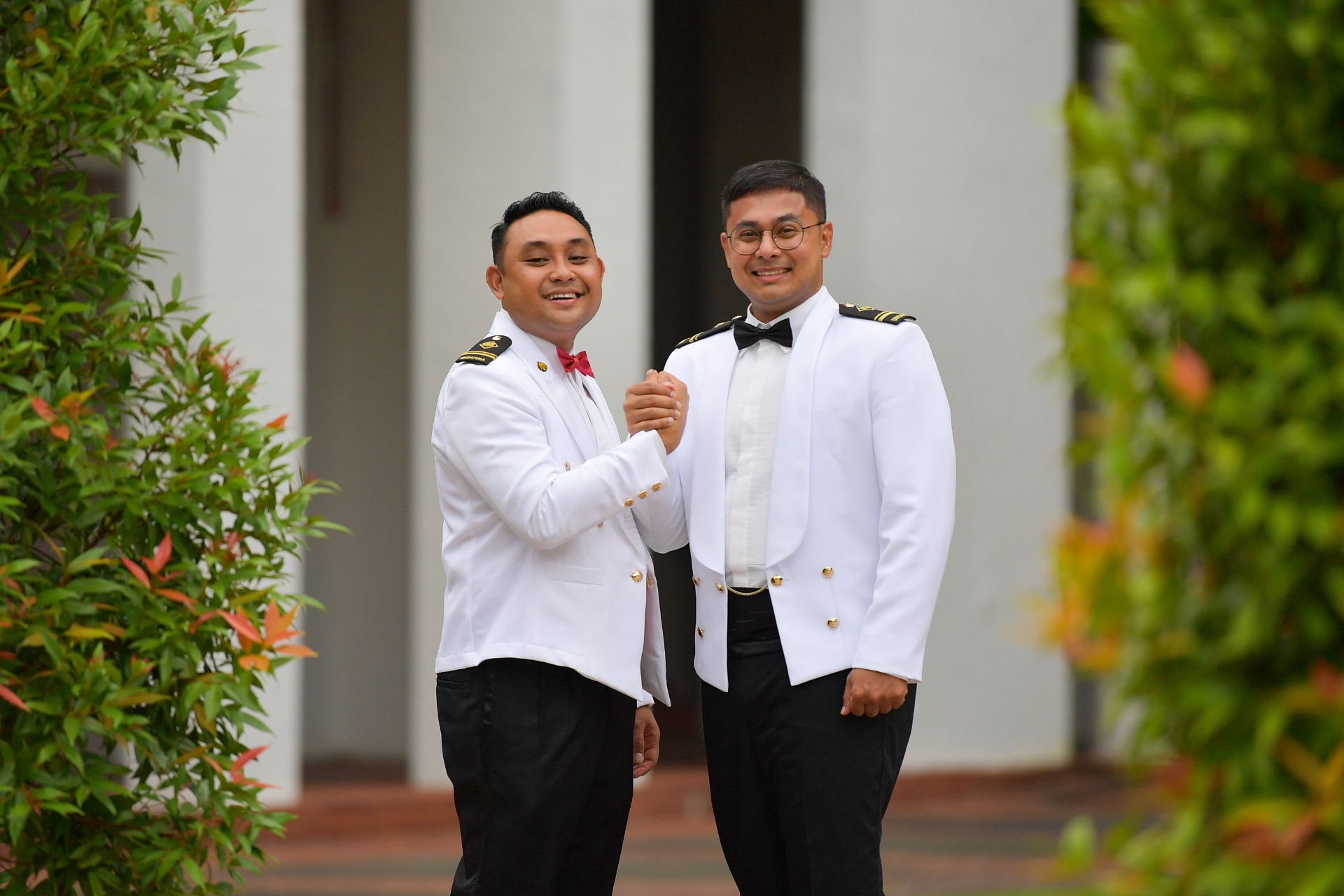
Bringing their civilian expertise to contribute more in NS
22 Jan 2026
On 21 Jan, the SAF welcomed its largest group of NSmen graduating under the Enhanced Expertise Deployment Scheme. Meet ME4 (NS) Muhammad Arief Aditya and ME4 (NS) Mohamed Najid Bin Mohamed Sultan, who are among these newly appointed military experts.


